Publications
Articles, publications, books, tools and multimedia features from the U.S. Institute of Peace provide the latest news, analysis, research findings, practitioner guides and reports, all related to the conflict zones and issues that are at the center of the Institute’s work to prevent and reduce violent conflict.
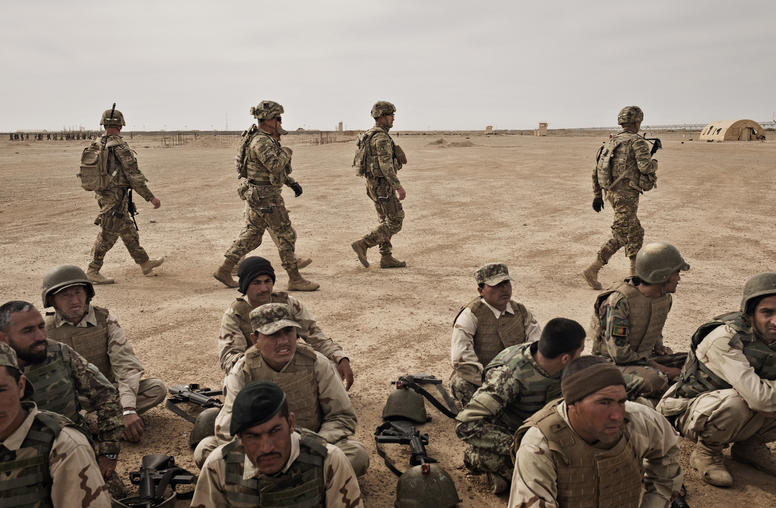
11 Things to Know: Afghanistan on the Eve of Withdrawal
U.S. and NATO troops are rapidly executing President Biden’s policy of a complete withdrawal of American troops and contactors supporting the Afghan National Defense and Security Forces (ANDSF) by a deadline of September 11. Based on the rate of progress, the last American soldier could depart before the end of July. The decision to withdraw without a cease-fire or a framework for a political agreement between the Taliban and the government caught Afghans and regional countries by surprise. The Taliban have capitalized on the moment to seize dozens of districts and project an air of confidence and victory.
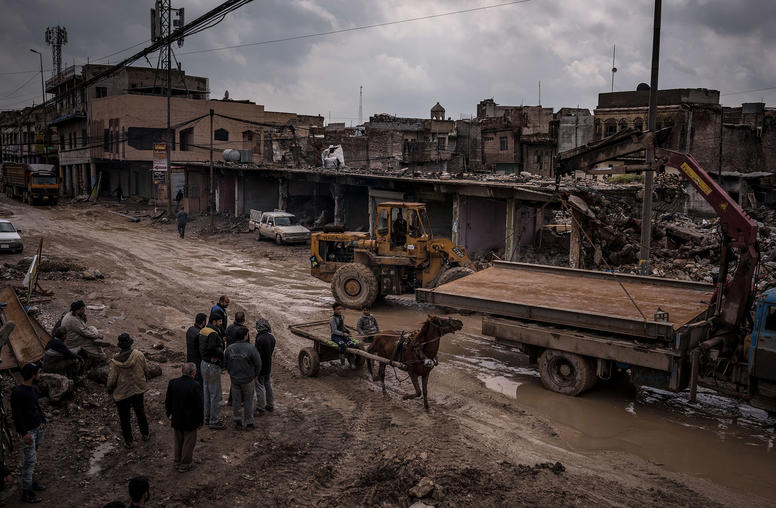
Unemployment Replaces ISIS as Top Security Concern for Minorities in Iraq
In the summer of 2014, the Islamic State group (ISIS) seized control of much of Iraq’s Nineveh province, including the provincial capital of Mosul. The militant group committed genocide against ethnic and religious minorities. Today, more than three years since the military defeat of ISIS in Iraq, ethnic and religious minority residents of three key districts of Nineveh say rampant unemployment, not ISIS, is their top security concern, according to data gathered by the United States Institute of Peace.
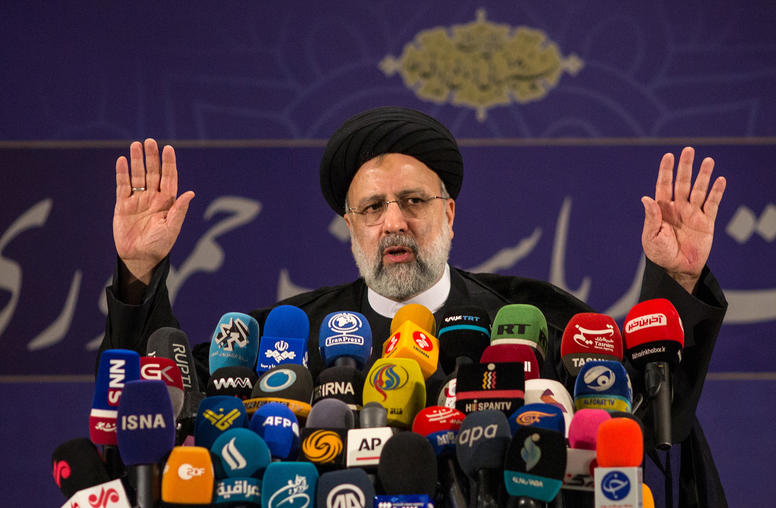
What You Need to Know About Iran’s Election and New President
Hard-liner Ebrahim Raisi won Iran's presidential election amid a historically low turnout on June 18. He will be inaugurated in early August and have significant influence over domestic policy and foreign affairs, although Supreme Leader Ayatollah Ali Khamenei has the ultimate say. Raisi’s election comes as the Biden administration is working with other major powers to bring the United States and Iran into full compliance to the 2015 nuclear deal, which the president-elect has expressed interest in reviving to take advantage of its economic benefits. USIP’s Garrett Nada looks at the implications of Raisi’s election victory and what it could mean for the Islamic Republic’s ties to the outside world.
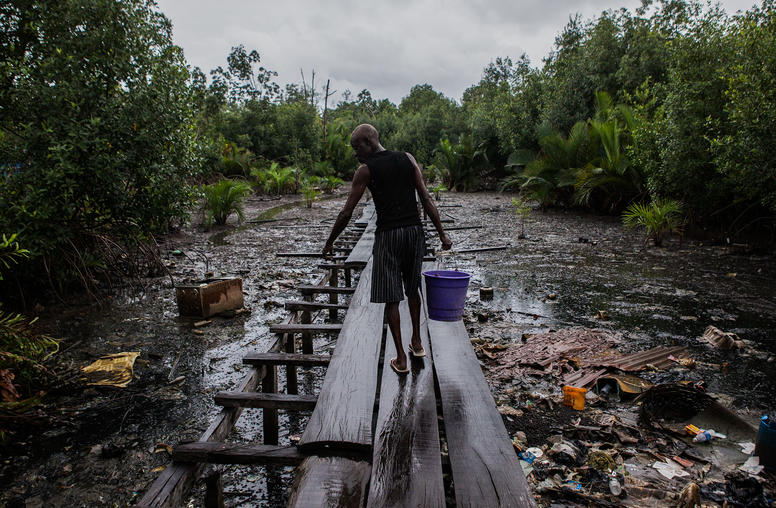
Can the World Go Green Without Destabilizing Oil-Pumping Nations?
Amid the dizzying acceleration of headlines and debate about the vital global transition to renewable energy, new research shows how that change could destabilize dozens of fragile states that depend heavily on oil exports. The new study underscores that governments and international institutions will need to guard against risks that the shift away from carbon-heavy fuels will inadvertently upset political balances and potentially ignite violent conflicts in a swath of nations from Venezuela to Nigeria to Iraq and beyond. Above all, the research suggests, the world must avoid an unplanned “traumatic decarbonization” of these economies.
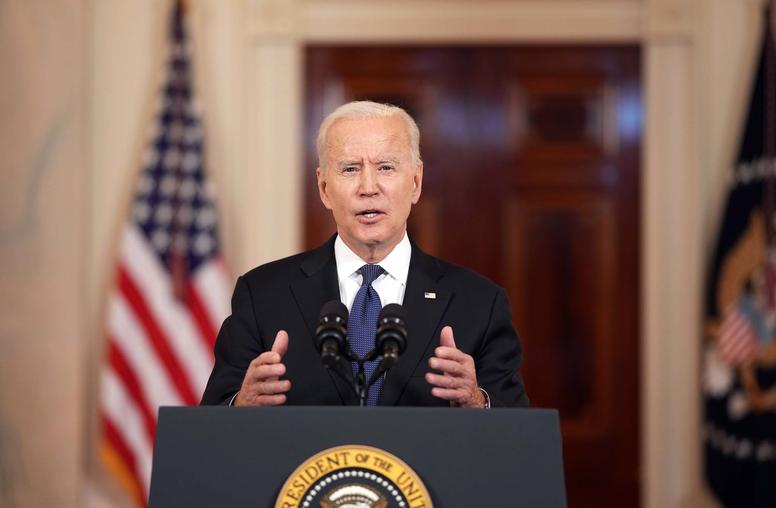
Biden’s Implicit Warning to Israelis and Palestinians
As a new government takes power in Israel, questions emerge about its collective ability and will to move the needle in a constructive direction on the ongoing occupation and the Israeli-Palestinian conflict. The narrow coalition, spanning a broad political and ideological spectrum, consists of avowed opponents of a Palestinian state — Prime Minister Naftali Bennett among them — alongside staunch advocates for the two-state solution. The governing coalition also assumes its role in a divided society on several fronts following 12 consecutive years with Prime Minister Benjamin Netanyahu at the helm.
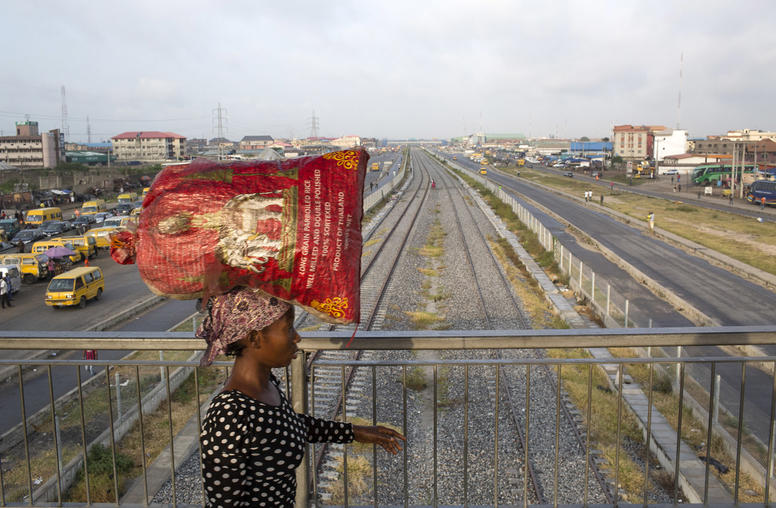
Countering China on the Continent: A Look at African Views
As U.S. policy has increasingly focused on countering China’s influence worldwide, Africa also has come under this lens. While the administration and Congress consider approaches and policy options, it is important to ask what Africans think of U.S. efforts to counter China’s growing role on their continent. While U.S. foreign policy should serve American interests, it will be most successful if cognizant and, when possible, reflective of the interests and aspirations of Africans.
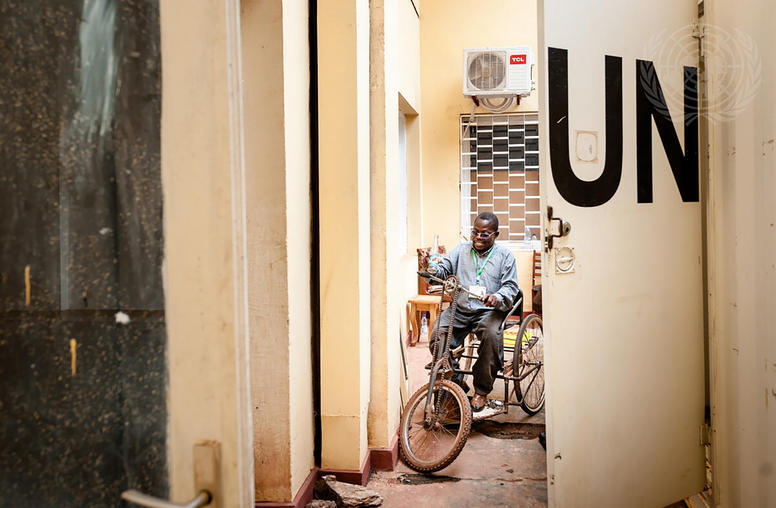
Toward Disability-Inclusive Peacebuilding
When it comes to conflict and peace, people with disabilities are often overlooked — with potentially devastating consequences. People with disabilities are disproportionately affected by violent conflict, where basic humanitarian protections can unintentionally exclude them if not made accessible. When it comes to peacebuilding, people with disabilities have been routinely blocked from the table — and even when they are included, they’re often seen only as beneficiaries, not as full partners. The resulting dynamic has often left people with disabilities struggling to find proper resources during times of conflict and consistently shut out from shaping peace in their communities.
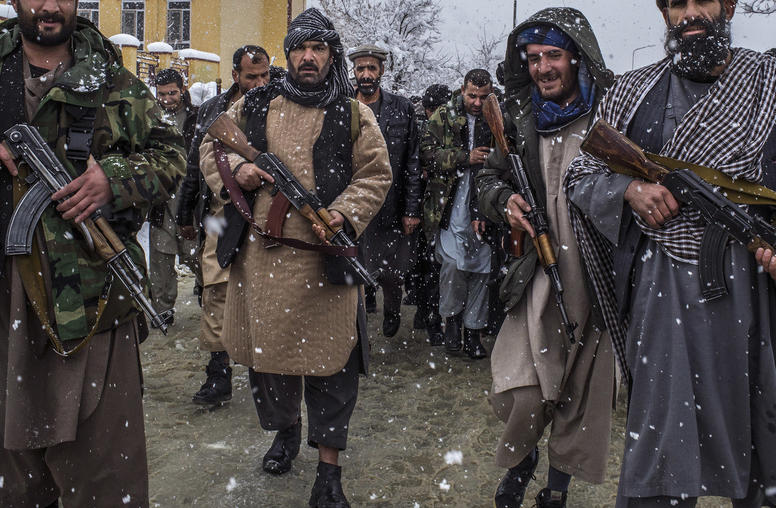
After Afghanistan Withdrawal: A Return to ‘Warlordism?’
As the United States withdraws from Afghanistan, Washington is considering options to ensure its intelligence-gathering and counterterrorism capabilities are maintained. Recent reporting suggests that United States is looking to use bases in Pakistan and in the former Soviet Republics in Central Asia — although without success so far. Washington is also mulling over engaging with Afghan warlords as part of this effort, a strategy it relied on in the 1980s and 90s and to a lesser extent over the last two decades. If history is any guide, this strategy will pose significant risks that could have deadly and destabilizing consequences for Afghanistan and the region.
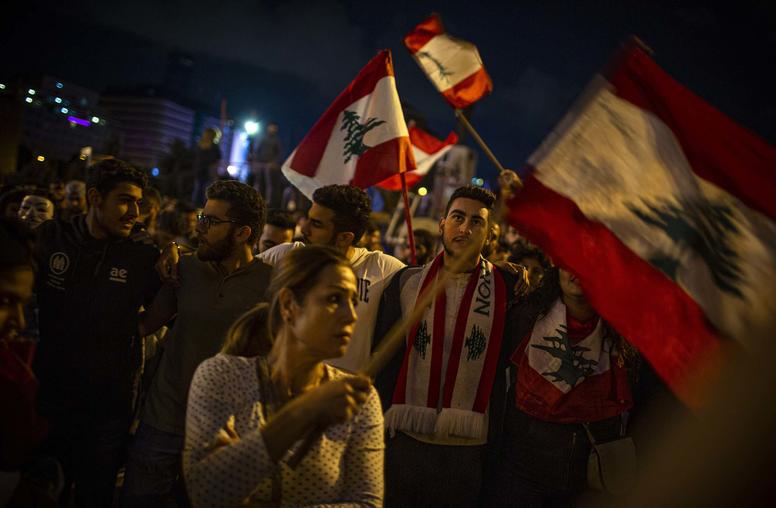
What Could Make or Break Lebanon’s 2022 General Election
Lebanon, unlike many other countries, is actually ruled by a conglomerate of political figures and business elites and organizations. Therefore, a change in Lebanon can neither be about a single politician or party nor can it be led by one political group. In the past 15 years, there were several attempts to alter the governance model and practices in Lebanon. All of them proved unsuccessful for various reasons including the toxic manipulation of identity-based politics by the majority of politicians and clerics, deep-seated corruption, twisted social norms, regional power competition and the absence of an organized, competent and capable political alternative.
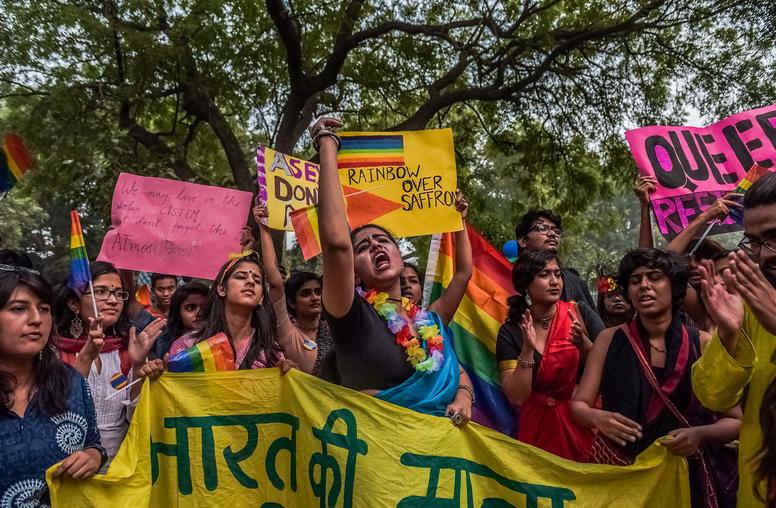
Why Gender and Sexual Minority Inclusion in Peacebuilding Matters
A society cannot be considered peaceful when certain groups within it experience targeted and ongoing forms of violence and discrimination. Despite this recognized importance of inclusivity, gender and sexual minorities (GSM) remain largely invisible in peacebuilding. Even in the international Women, Peace and Security (WPS) agenda, which has become a significant entry point for addressing gender dynamics in peacebuilding, GSM rights, protection and participation are also inadequately addressed. The absence of established norms for and approaches to GSM inclusion means that it is incumbent on peacebuilders to think more intentionally about why and how GSM can be included.